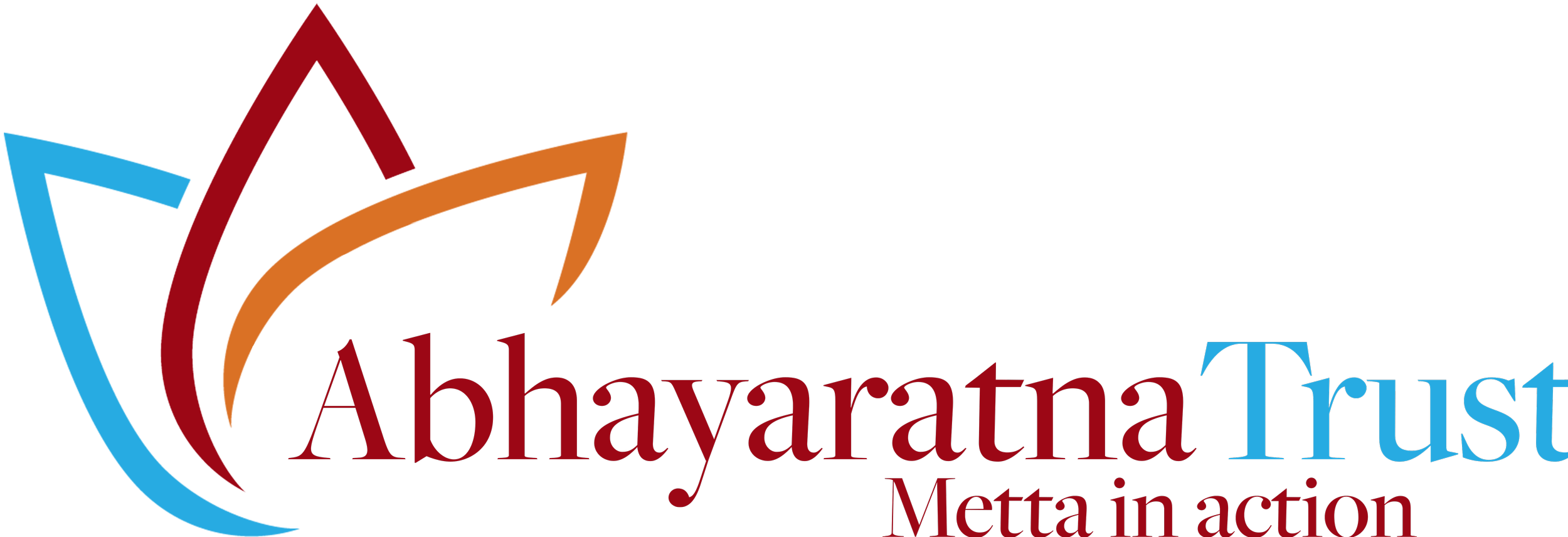Our Director’s View for the New Year
Mahasraddha writes: I view the Abhayaratna Trust’s core function as being to facilitate and enhance the flow of care in the Order, in particular to those facing hardship. Of course, care for one another is a fundamental expression of our interconnected humanity. We respond to suffering by doing what we can to alleviate it.
Years ago, anthropologist Margaret Mead was asked what she considered to be the first sign of civilization in a culture. Mead said that the first sign of civilization in an ancient culture was a femur (thighbone) that had been broken and then healed. Mead explained that in the animal kingdom, if you break your leg, you die. You cannot run from danger, get to the river for a drink or hunt for food. You are meat for prowling beasts. No animal survives a broken leg long enough for the bone to heal. A broken femur that has healed is evidence that someone has taken time to stay with the one who fell, has bound up the wound, has carried the person to safety and has tended the person through recovery.
A vision for care in the Order is laid out in Bhante’s lecture, A Case of Dysentery. The vision of care in the Order I have is like the Order metta: it’s an ever widening circle, starting with care for immediate family and friends, extending to Order members that I don’t know anywhere in the world.
The vision needs to be implemented with action. In 2021, the Abhayaratna Trust continued to respond to more immediate needs of support to individual Order members in hardship by giving grants and running Appeals, alongside broader, strategic work regarding care in the Order.
We also take a long term, strategic view of care in the Order, and one project that has emerged is the Local Care Network, pilots of which are now up and running in several Centres and which will support Order members and Mitras to develop more organised frameworks of care in their local sangha.
